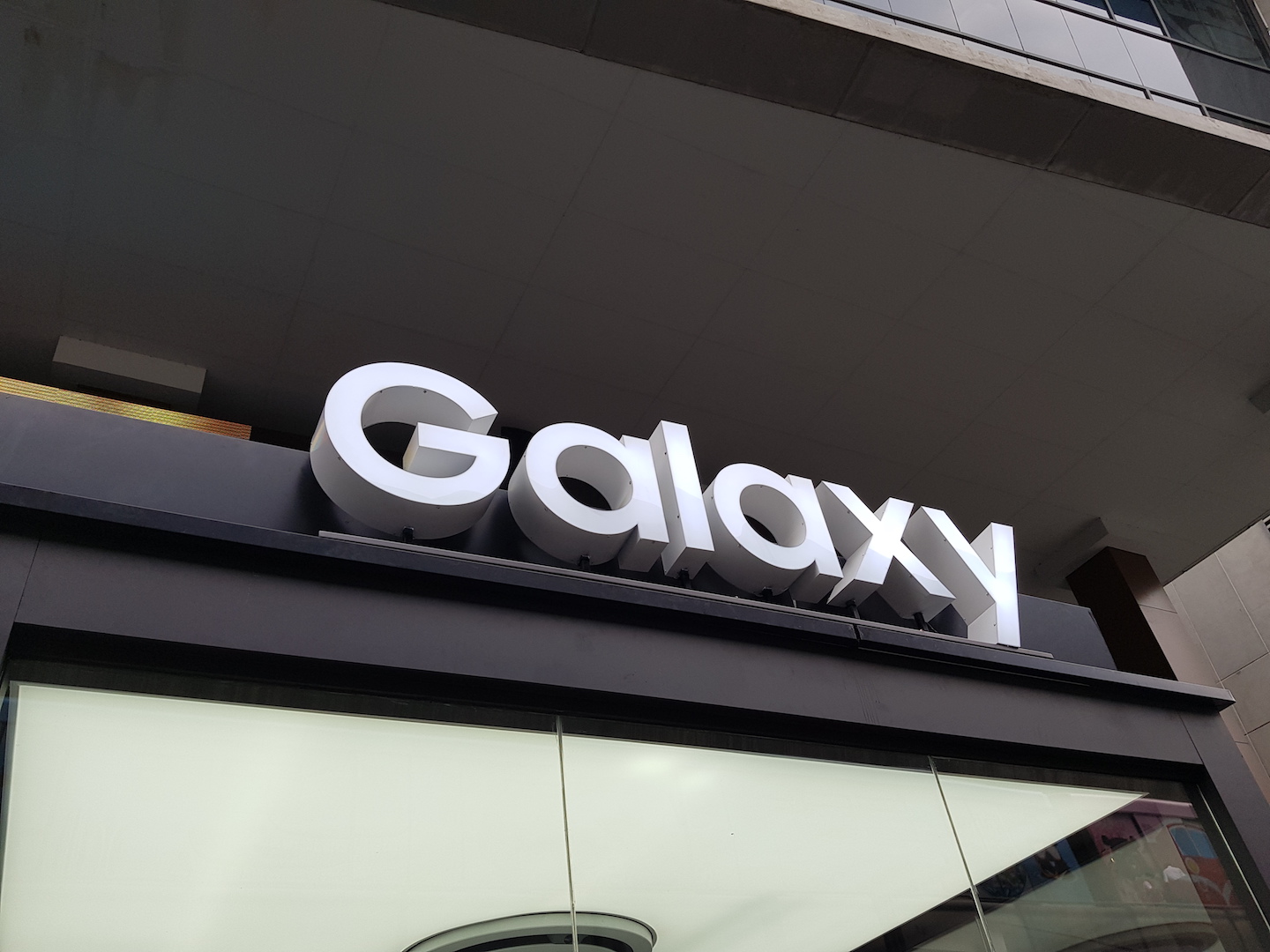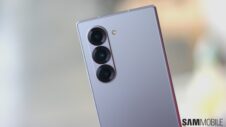It has taken years for Samsung to get rid of the copycat label. When the industry shifted toward multi-touch devices, many of its designs were said to be too familiar to the iPhone. Apple and Samsung fought costly legal battles for years, with the fruit company claiming that Samsung's phones infringed on many of its design patents.
This battle captured the public's imagination as well. A lot of people began subscribing to this notion of Samsung being a copycat. Fans had heated discussions in the comments section of blogs and YouTube videos. Memes derided Samsung for not being innovative enough. It just seemed like Samsung was waiting for Apple to introduce some new feature or tech that it would borrow for one of its own phones six months down the line.
Is that really true now, though? Samsung has switched up the game in the last five years. It has been blazing its own path. Samsung has taken several bold steps for its phones that Apple hasn't come close to matching. It has advanced material science for mobile devices, explored new form factors and changed the way people think about Samsung phones.
Apple seems to be content with where it's at with the iPhone. It seems to believe in the notion that when something's not broken, there's no need to fix it. The past few iPhones have simply been evolutionary updates. It has cautiously adopted things like multi-camera setups and only just jumped on the 5G bandwagon. Apple favors refinement over revolution for the iPhone.
That's not a bad thing. This strategy works very well for its business. Apple has built an ecosystem of features and services that's hard to leave behind once you get used to it. That provides it with a certain level of security against users who might shift from an iOS to an Android device.
If you're using a Mac and an iPad for work, an Apple Watch for fitness tracking and an Apple TV for entertainment, you'd probably use an iPhone just to make the most of that ecosystem. That's a big reason why most iPhone users stick with their iPhones. Android users can jump from a Huawei phone to a Pixel to a Samsung without losing out on much. iPhone users don't have that choice. They're either in the ecosystem or they're not.
That's one of the reasons why Apple can be so cautious with changes to the iPhone. Anticipating slow high-end phone sales and increased competition, the company has gradually been building up its services business over the past few years. The strategy seems to be working. Apple's revenue from services hit an all-time high of $14.5 billion in Q4 2020.
Over the years, Apple has launched a music streaming service, a TV streaming service, a news subscription and it's even venturing into game streaming and providing guided workouts. Not only are these services a hedge against that risk, they further lock in users to Apple's ecosystem.
Samsung doesn't have that luxury. It needs to be ahead of other Android manufacturers since it faces a greater risk of losing customers to them. So it needs to pull out all the stops. Samsung has been doing that for the past few years. We have seen how it has gone from strength to strength. The company has significantly improved the level of tech in its phones.
It's also adapting to changing market dynamics quickly. The launch of the Galaxy S20 FE 5G, one of the best Samsung phones in its price range, is proof of that. A $700 5G phone with flagship-like specifications is just what the doctor ordered for 2020.
Samsung is now revolutionizing the industry with the foldable form factor as well. It has released three foldable smartphones so far with each being a testament to its engineering prowess. It has merely been a year since Samsung started releasing foldable phones. The best is certainly yet to come.
There's no saying if and when we'll see that level of innovation from Apple. It hasn't really been doing much beyond iterative updates. Not that there's anything wrong about that. Apple has built several moats around its business that make it difficult for rivals to steal customers. Ultimately what matters for a business is to have an efficient way of making money. Apple's ecosystem is helping it do that hand over fist.
Samsung is doing the heavy lifting now. It's having to think outside the box and move quickly with new technology to maintain its competitive advantage. Its successes over the past few years have indicated how brilliantly it has shed that copycat image. No longer can its devices be seen through the prism of Apple's inventions. Samsung is on a completely different level now. Onwards and upwards, Samsung!







